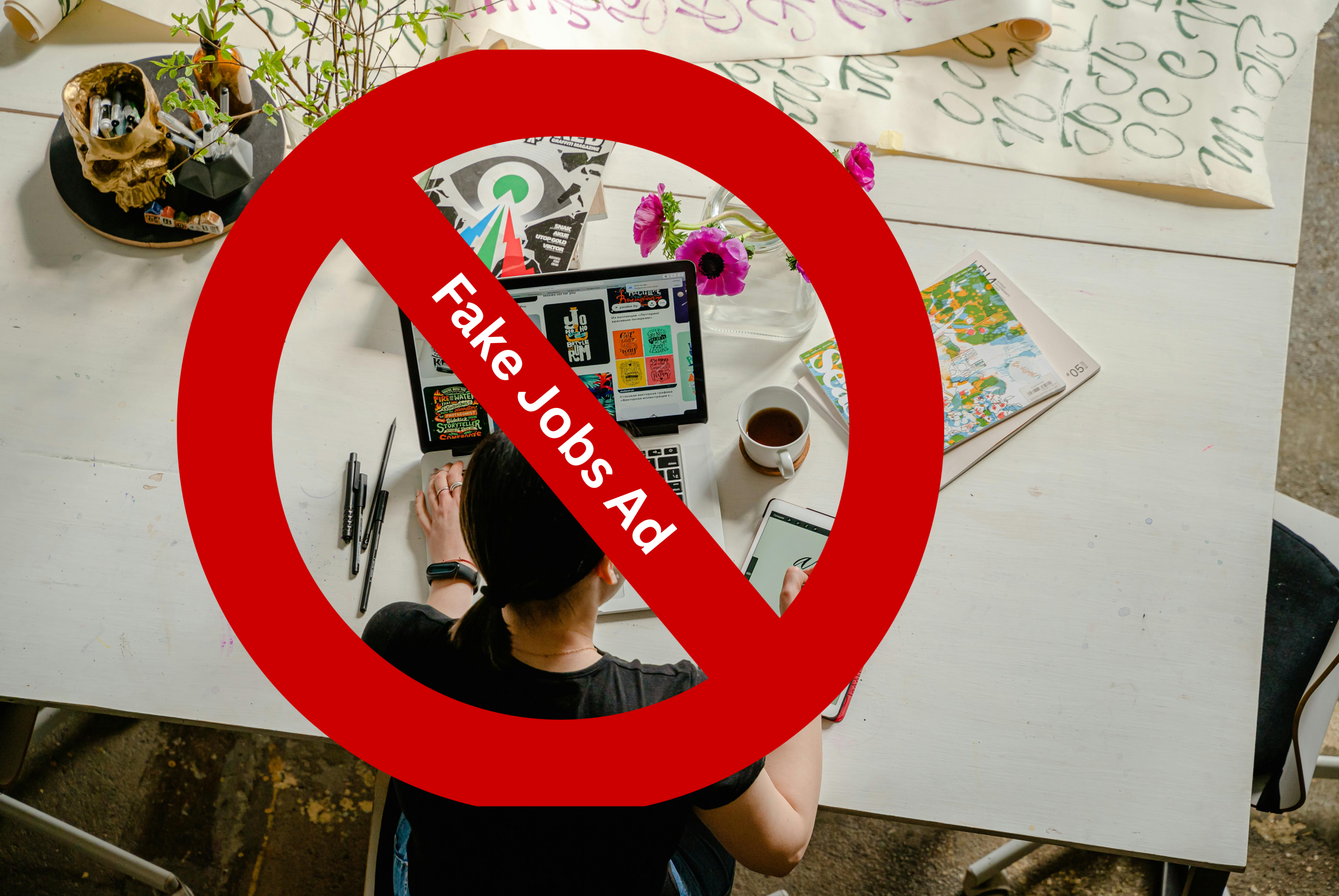It starts small. A harsh word. A snide comment. A joke that doesn’t feel funny.
Then it grows. Shouting. Threats. Humiliation in front of your team. Tasks piled up just to break you down. You go home feeling sick. Dread work. Question yourself.
But here’s the truth—it’s not you. It’s them. That manager. That supervisor. That boss who crossed the line.
The question is: What now?
This article walks you through how to report an abusive boss—confidentially. Quietly. Safely. Without burning your whole world down. Because you deserve a workplace, not a war zone.
Abuse Comes in Many Forms
Let’s get this straight—abuse doesn’t always leave bruises. Sometimes it’s psychological. Emotional. Even subtle.
Your boss mocks your accent. Dismisses your ideas. Gives you impossible deadlines. Then gaslights you when you speak up.
Or maybe it’s worse—threats, racial slurs, unwanted touching, screaming matches in front of clients.
You’re not “too sensitive.” It’s not “just the way they are.” Abuse is abuse.
But before you take action, you need to understand what you’re dealing with.
Real Stories. Real Pain
Thandi*, a 28-year-old receptionist in Durban, shared this:
“He’d make sexual jokes. Every day. Told me my skirt was ‘dangerous.’ I laughed it off, at first. But inside, I was shrinking. One day he touched my shoulder and I froze. I didn’t know how to tell HR without putting myself at risk.”
Or Musa*, a warehouse worker in Rustenburg:
“Our supervisor would call us names—dogs, useless, worse. We worked 12-hour shifts, no breaks. If we complained, he’d cut our hours. We were scared. We needed the job.”
These aren’t isolated stories. They’re everywhere. And they’re real.
(*Names changed for privacy.)
First Step: Document Everything
You don’t need to make noise. Not yet. Just start collecting.
- Dates.
- Times.
- Exact words used.
- Screenshots (if online).
- Voice notes (if safe).
- Witness names.
Even small incidents. Write them down.
Why? Because memory fades. But paper? It remembers. And when you’re ready to report, this will be your armor.
Just don’t store it on your work PC. Keep it safe—your phone, a personal notebook, or cloud storage with a password.
Know Who You Can Trust
Not everyone is safe to talk to. Sad truth. Some people gossip. Others report you back to the boss.
So pick wisely.
- Do you have a trusted colleague? Someone who’s seen the abuse? Ask if they’d be willing to back you up, or even share their own experience.
- What about a union rep? If you’re part of a union, reach out. Quietly. They know the process. And they’ll protect your identity.
- If you’re at a big company, there might be a confidential HR hotline. Look through the employee handbook or internal portal. Don’t assume it doesn’t exist.
Choose someone. One person. That’s all it takes to start.
Use the Company’s Formal Channel (Without Risking Exposure)
Most companies say they take abuse seriously. But we know how that goes.
Still—use the system.
Almost every organization has a grievance procedure. It may involve:
- A formal complaint letter
- Filling out a form
- Speaking to a neutral HR rep
But here’s the trick: ask for a confidential complaint. Not anonymous—confidential. That means your name stays private, especially in early investigations.
Put this in writing:
“I am requesting that this complaint be treated as confidential due to fear of retaliation.”
And if your company has a whistleblower policy? Use it. Those are designed to protect you.
Don’t Trust Verbal Promises—Get Proo
If you report to HR, they might say, “We’ll handle it internally.” Or “Leave it with us.”
Cool. But don’t stop there.
Always ask for confirmation in writing:
“Hi, just confirming that my complaint from [date] was received and will be addressed confidentially. Please keep me updated on the next steps.”
Why? Because if things go south, you’ll need a paper trail.
No email reply? Follow up. Keep records.
Your safety depends on more than good intentions. It depends on proof.
Reporting Anonymously? You Can.
If your workplace is toxic and you know that reporting might get you targeted, go quiet.
There are a few ways to do this:
- Anonymous tip lines – Some companies, especially large ones, have independent reporting services.
- External whistleblower agencies – In South Africa, for example, you can report to bodies like the Commission for Conciliation, Mediation and Arbitration (CCMA) or Public Service Commission depending on your sector.
- Labour unions – They can raise complaints on your behalf.
Yes, anonymous reports are harder to act on. But sometimes? It’s the safest first step.
Afraid of Retaliation? You’re Protected (on Paper, at Least)
The law is on your side. In theory.
In South Africa, for instance, the Protected Disclosures Act (PDA) exists to shield whistleblowers. That means:
- You can’t be fired for reporting abuse in good faith.
- You can’t be demoted, harassed, or punished.
- If you are, you can take legal action.
Problem is—retaliation still happens. Quietly. Suddenly your shifts disappear. Or your projects get taken away.
So don’t go in blind. Get advice. Talk to a union. Reach out to legal aid.
And remember—retaliation proves your case. If it happens after your report? Add it to your file.
Protect Your Mental Health
This stuff? It eats you up.
Worry. Fear. Sleepless nights. Anxiety at work. Isolation.
Don’t go through it alone.
- Talk to someone. A friend. A therapist. A faith leader.
- Use free resources. Many places offer mental health hotlines or services. In SA, call Sadag or Lifeline.
- Journal. Yeah, it sounds small. But it helps. Write down your thoughts. Your feelings. Even if nobody else reads them.
Your mental health is part of your evidence too. If abuse impacts your well-being, it matters. It’s real.
If It Gets Too Much—Exit Strategy
Sometimes you fight. Sometimes you flee.
If the abuse is unbearable and management won’t act? Plan your exit quietly.
- Start applying for other jobs.
- Get references lined up.
- Save what you can.
- If you’re owed UIF or severance—claim it.
- Talk to CCMA before resigning if you need to.
Leaving doesn’t mean you lost. Sometimes walking away is survival. It’s strength.
You’re not weak for choosing peace.
Final Thoughts
Reporting an abusive boss is hard. Scary. Lonely, even.
But silence isn’t safety. Silence just feeds the cycle.
You have options. Rights. A voice—even if it shakes.
So start small. Write things down. Talk to one person. Use the system. Or go around it, quietly.
But don’t stay trapped.
Because your job? Your paycheck? It isn’t worth your dignity. Your health. Or your safety.
You matter. You always did.







